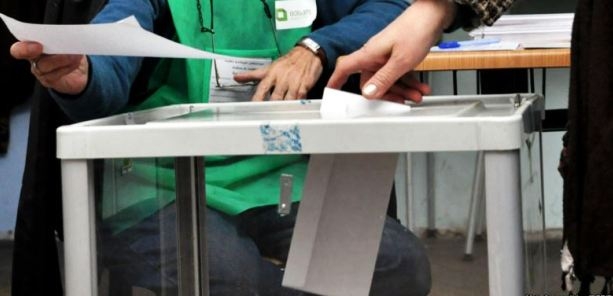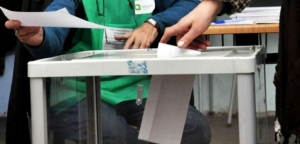Opposition Parties Boycott Elections to Fill in Vacant Seats in the Parliament
Today, the 21st August, The United National Movement (UNM), Georgia’s largest opposition party said it would join the 11 non-parliamentary opposition parties to boycott the upcoming MP elections, planned for late October.
The elections are to be held in Martvili constituency in western Georgia and in Sagarejo a single-mandate constituency in eastern Georgia, both of them are been held to fill the vacant seats in Parliament following the death of UNM MP Nauli Janashia and the appointment of MP Tinatin Khidasheli from the ruling coalition as Defense Minister.
“It is obvious that the election of two new Parliament members will not change the situation and will not help to overcome the crisis in the country,” The UNM’s executive secretary MP Sergo Ratiani said.
The 11 parties, which have announced they would boycott the elections before the UNM’s announcement are: Nino Burjanadze’s Democratic Movement; Shalva Natelashvili’s Labor Party; New Rights; Free Georgia; National-Democratic Party; European Democrats; Reformers; Civil Alliance for Freedom; Traditionalists; The Christian-Democratic Party; The Political Movement of Law Enforcement and Armed Forces Veterans.
“Georgian Dream has forgotten its promises after it came to power… since the 1st of October, 2012 we face a more anti-democratic election environment. Considering such conditions, we believe it does not make any sense to participate in the polls; therefore, we boycott the MP elections” – their statement reads.
The Free Democrats Party, another parliamentary opposition group, has said it would not participate either to win the two vacant seats in Parliament.
Georgian Dream, the ruling coalition pledged to reform the electoral system in Georgia; however, in early June it unveiled its plans to maintain the mixed electoral system for next year’s parliamentary elections.
In May, 14 political parties and 8 civil society organizations signed a joint petition, calling upon the Parliament to replace the “majority” component of the electoral system with a “regional-proportional” system.












